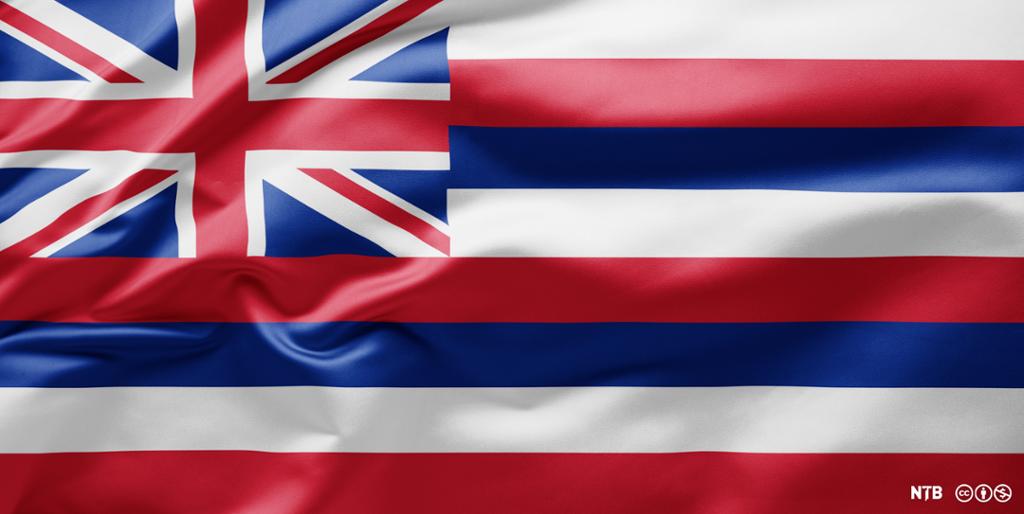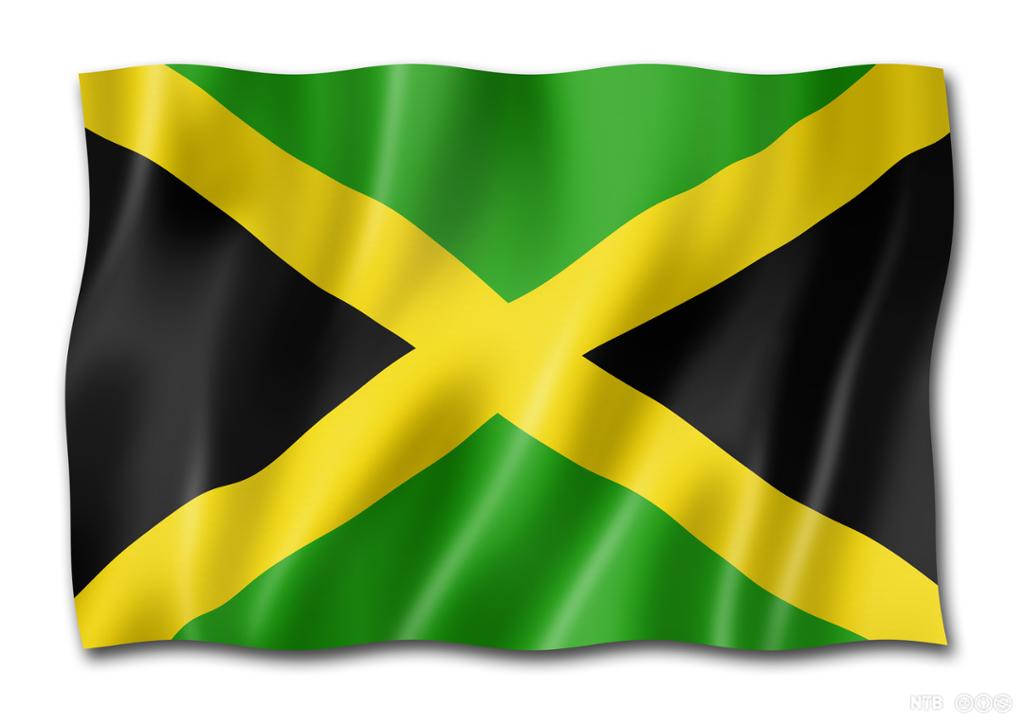Tasks: Pidgin and Creole Languages

- English has developed into many different varieties and accents. In your opinion, can we talk about one variant of English being 'better' than or more 'correct' than other variants?
- Pidgin and creole languages are often stigmatised and defined as the languages of the uneducated. Still, many pidgin or creole speakers express a very strong sense of pride in their language. Why is that, do you think?
- In Jamaica, they still use English in school. Evaluate the arguments given in the text that you have just read: Should children be taught in Jamaican Patois or in English?
In the text you just read, you were introduced to Nigerian Pidgin and Jamaican Patois, but there are many other English-based pidgin and creole languages around the world.
Use the internet and find other English-based pidgin and creole languages. Choose three or four different variants and find out:
- where it is spoken
- why and when it developed
- how many speakers it has today
Share your findings in a group.
You will find a comprehensive list on Wikipedia:
- Link to Wikipedia page about English-based pidgins
- Link to Wikipedia page about English-based creole languages
In 2016, the BBC established a news service in West African Pidgin, which is very popular in the region today. Find an article from the news service that is not too long and translate the article as well as you can into standard English.
What differences do you see in grammar and vocabulary?
Link to BBC News in pidgin
How much do you understand of spoken Nigerian Pidgin? Listen to the BBC News Pidgin Minute. You should listen at least twice! Work together with a partner and write down all the words you understand. What news is presented?
Link to BBC News Pidgin Minute
There are many pidgin and creole languages around the world. Hawaiian Pidgin (also referred to as Hawaiian English Creole) is another English-based pidgin language.

Hawaiian Pidgin:
Read through these seven sentences in Hawaiian Pidgin. Try to find examples of
- differences in grammatical structure
- deletion or replacement of letters/syllables
- substitution or omission of words
- phonetic spellings
Standard English | Hawaiian Pidgin |
|---|---|
She can’t go because she have doesn't hasn’t any | She no can go, she no more money, a’swhy. |
There was a woman who had three daughters | Bin get one wahine she get three daughter |
The one who falls first is the loser | Who go down first is loser |
It would have been better if I’d gone | More better I bin go Honolulu for buy om. |
How do you expect to finish your | How you expect for make pau you house |
He doesn’t want to play because he’s | He lazy, a’swhy he no like play |
John and his friends are stealing the | John-them stay cockroach the kaukau |

Jamaican Patois:
Here are seven sentences in Jamaican Patois. Try to find examples of
- differences in grammatical structure
- deletion or replacement of letters/syllables
- substitution or omission of words
- phonetic spellings
Standard English | Jamaican Patois |
|---|---|
I am leaving today. | Mi ah guh lef tiday. |
That is my brother. | Dat a mi bredda. |
I love chocolate cake with plenty of | Mi love chaklit cake with nuff icenin. |
I cannot help you with that problem. | Mi cyan ‘elp yuh wit dat problem. |
Mr. Gordon is planting flowers in the garden. | Mass Garden ah plant flowas inna de gordon. |
Look at the big bird in the tree. | Coodeh, yuh see de big bud eena de tree? |
The pastor said that the marriage certificate will be coming soon in the | The parson sey de marriage cerfitikit soon cum inna de mail. |
Compare:
Hawaiian Pidgin and Jamaican Patois are both English-based pidgin-/-creole languages.
What are the similarities between the two languages?
Which one is easiest to understand?
One of the two languages has developed further away from English than the other. Which one do you think it is, and why do you think this happened?
Relatert innhold
An article explaining the background of and the difference between a pidgin language and a creole language.